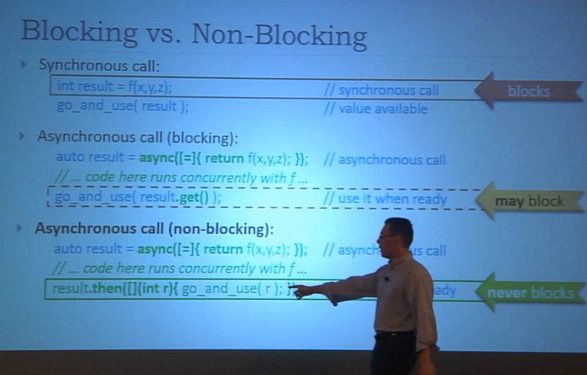Quick Q: If I have a T&&, why would I write std::move? -- StackOverflow

&& and std::move. It includes links to related variations of the question -- aka duplicates, though they're not always exact duplicates and it's helpful to see answers on different aspects of the same core question.
In C++11, why use std::move when you have &&?
I recently attended a C++11 seminar and the following tidbit of advice was given.
when you have && and you are unsure, you will almost always use std::moveCould any one explain to me why [when you already have a T&& -- Ed.] you should use
std::moveas opposed to some alternatives and some cases when you should not usestd::move?





 In December, we
In December, we 